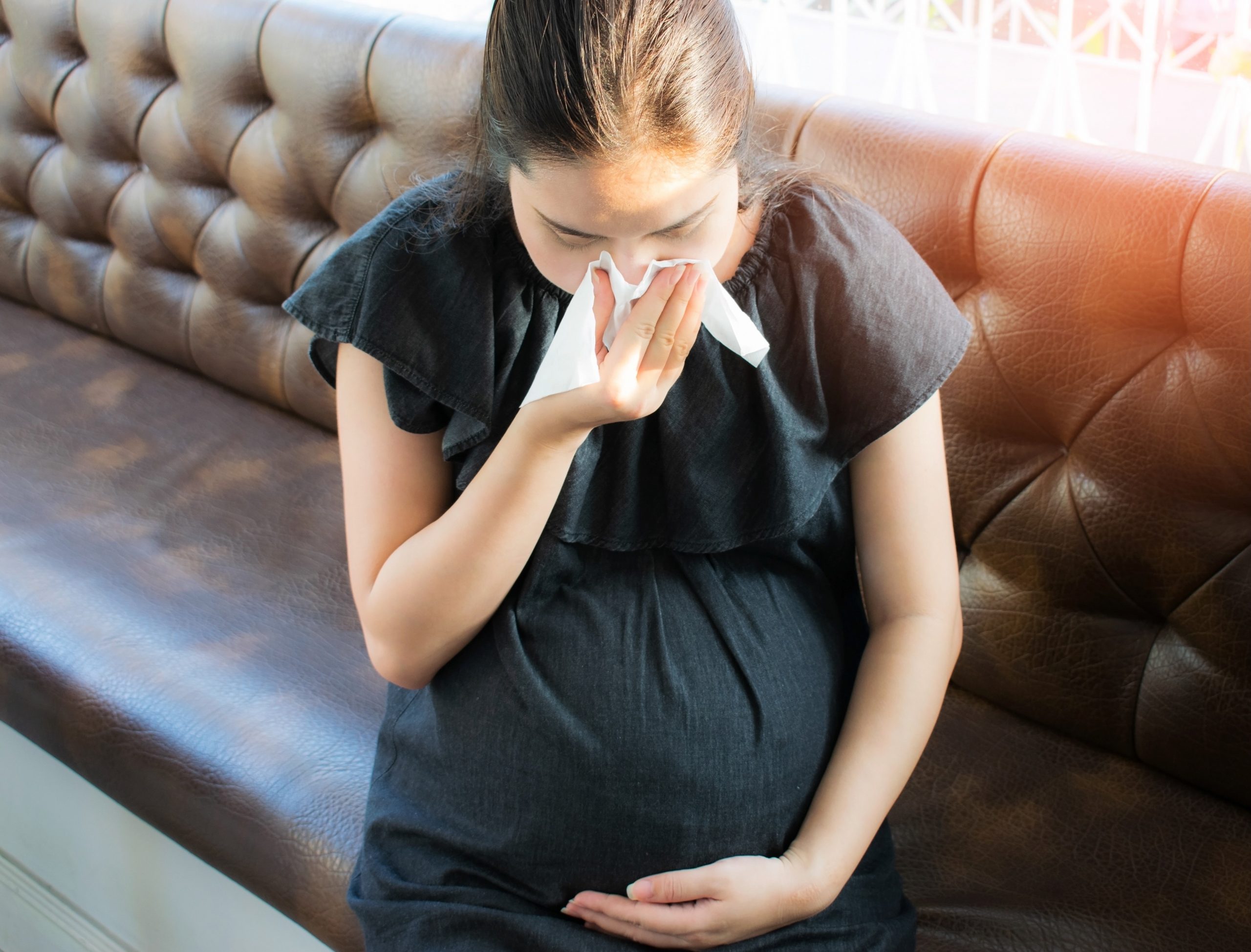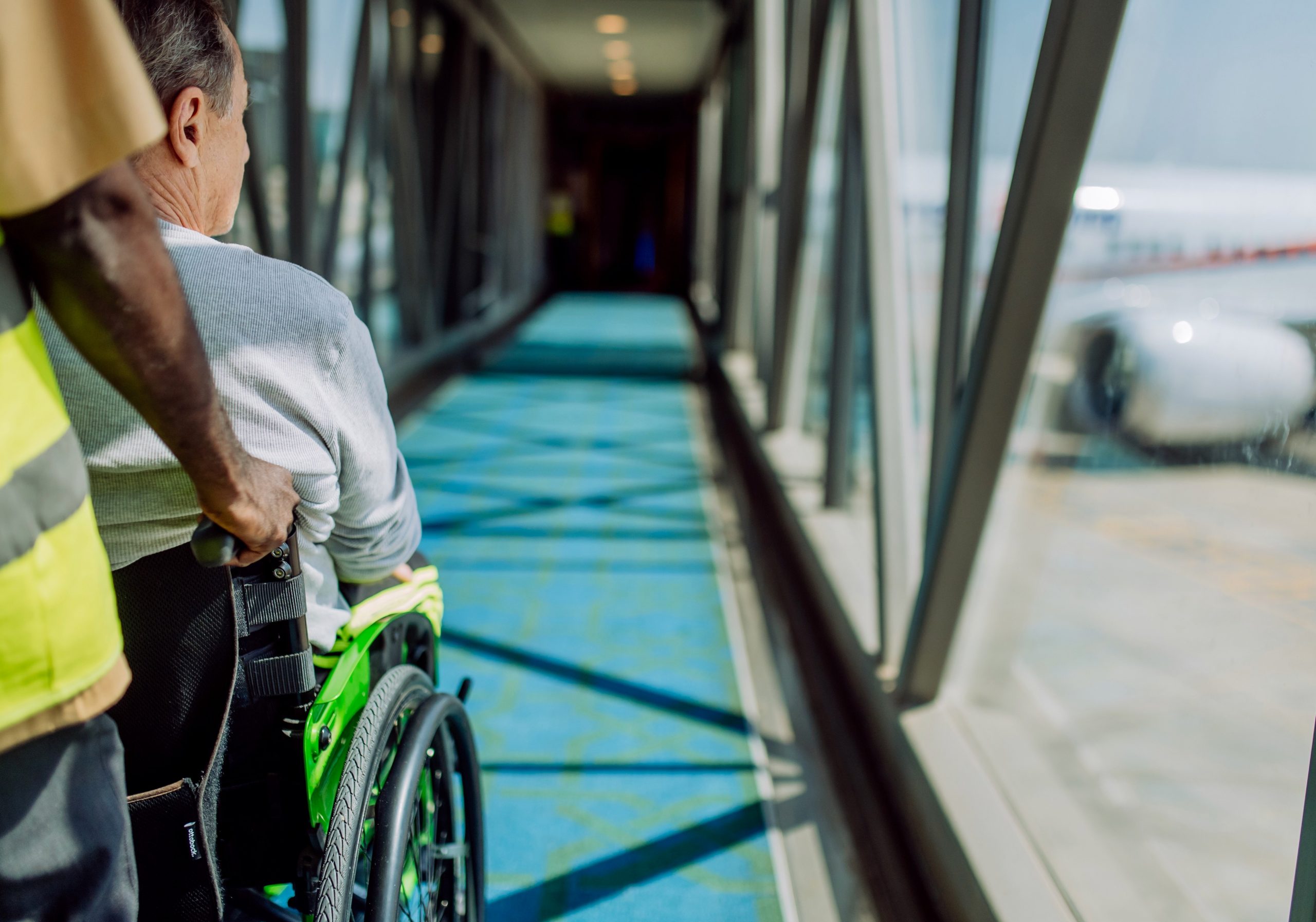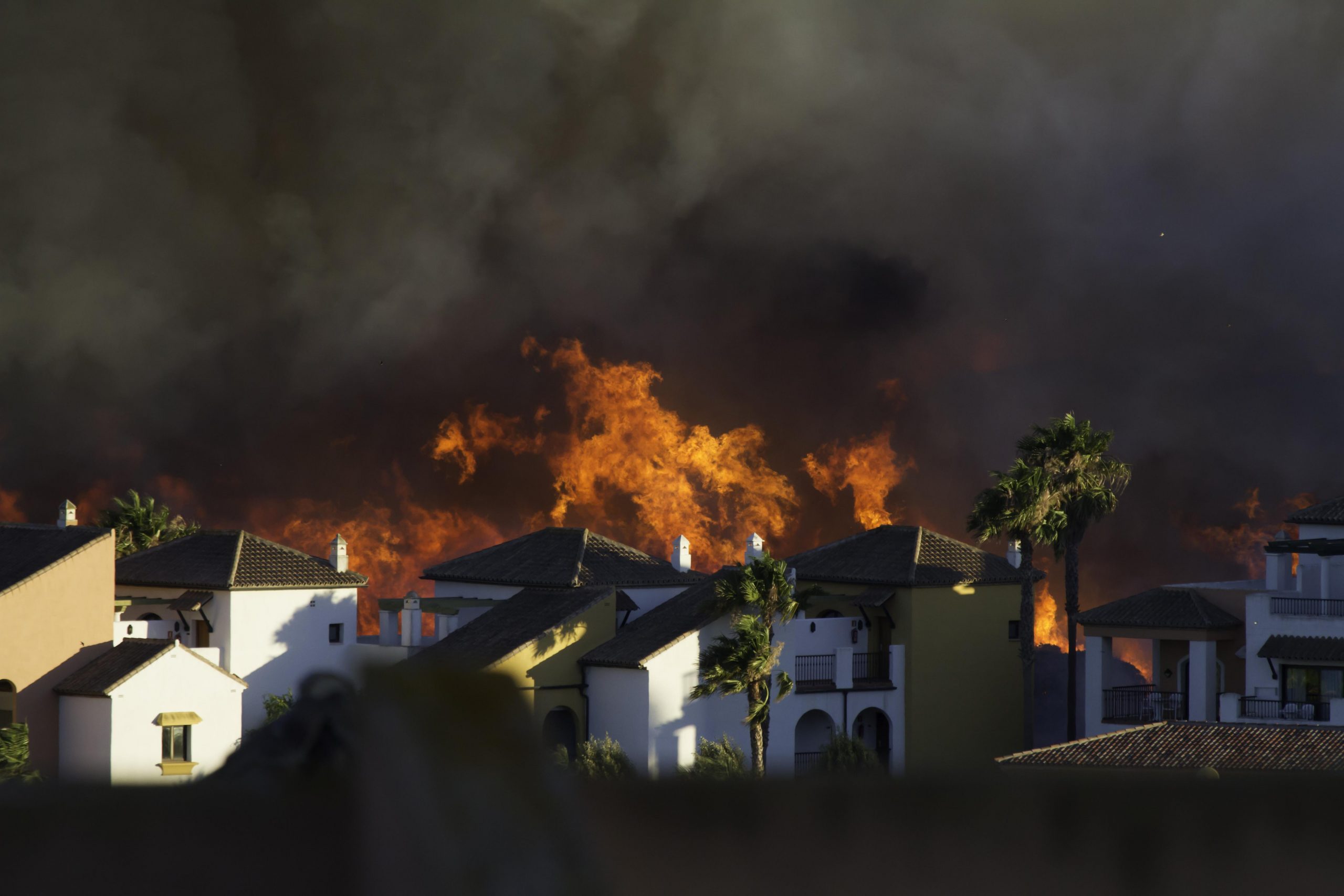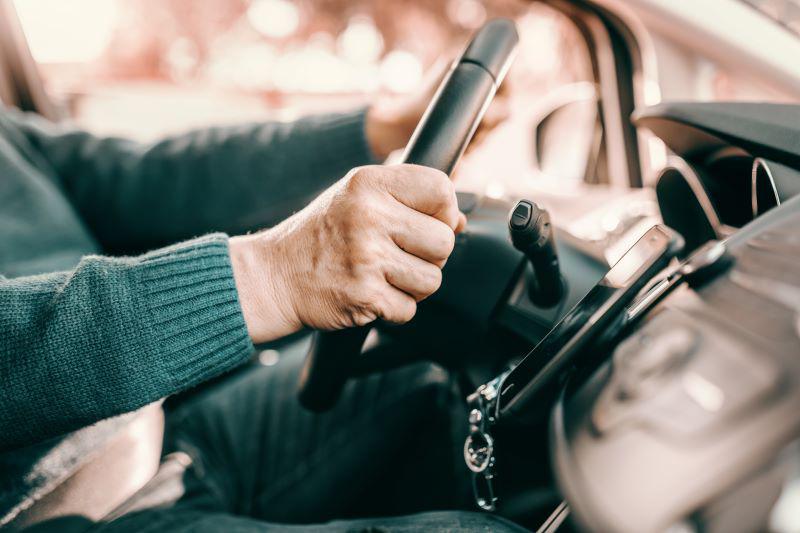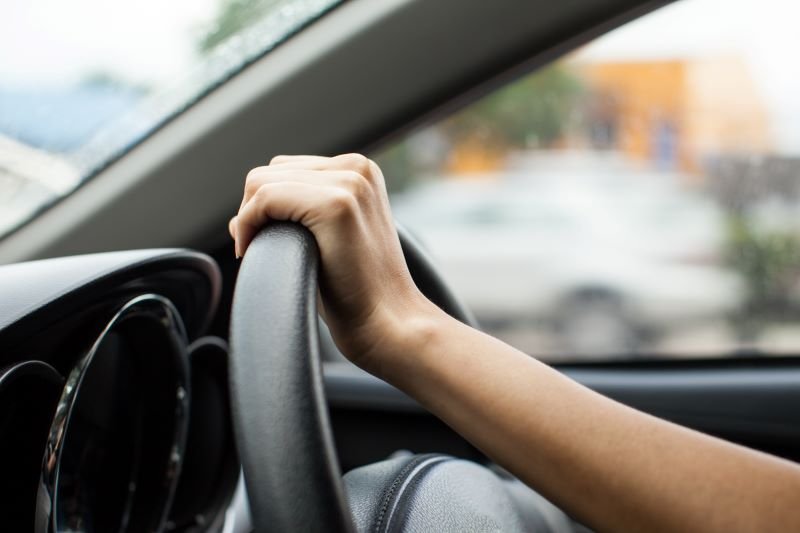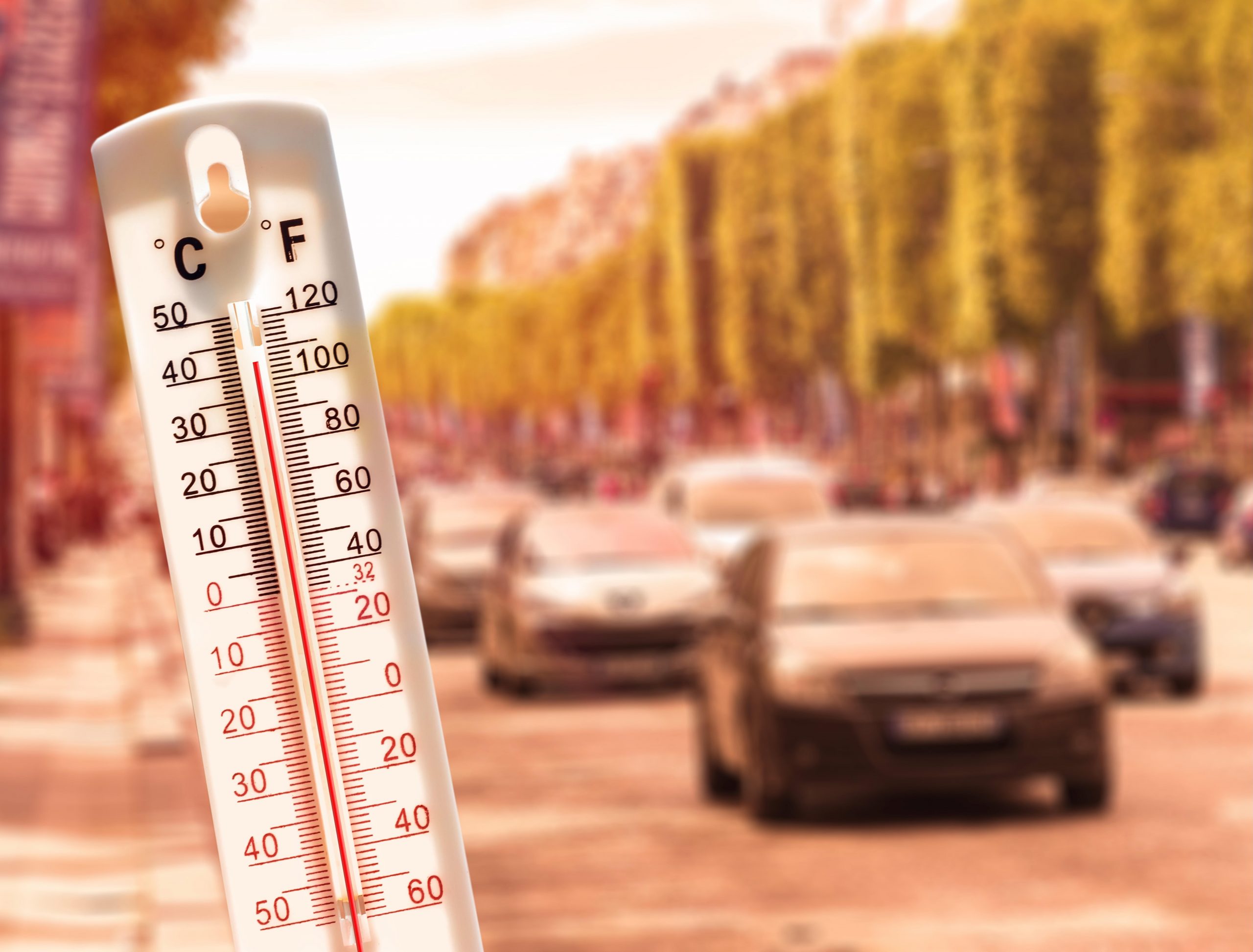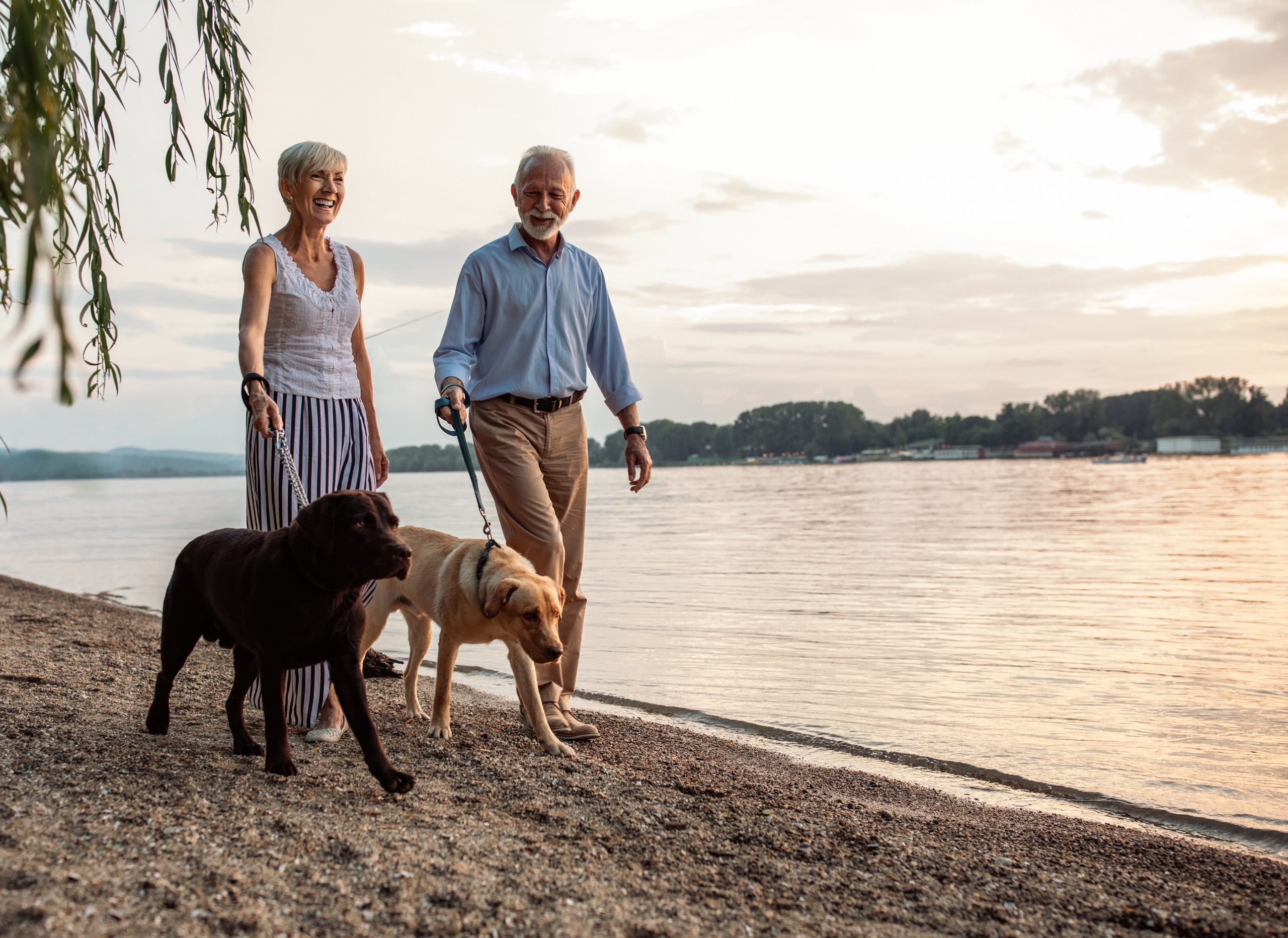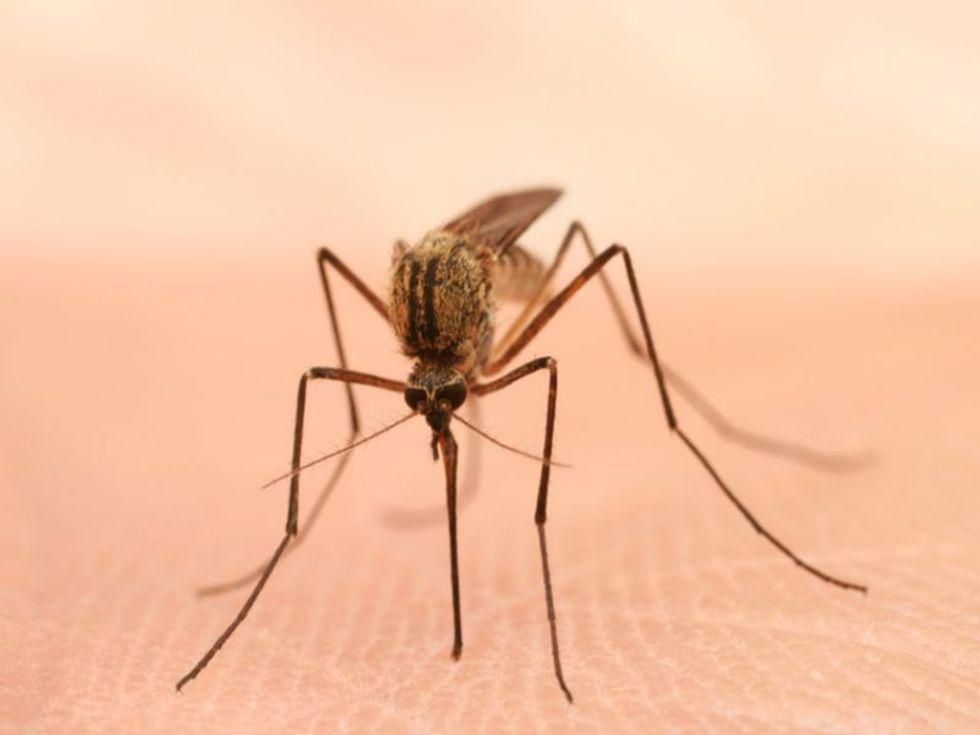
When hospitals support trauma survivors’ mental health during and after treatment, patients are less likely to return in crisis, researchers report. There’s no uniform guidance on how to offer mental health services to these patients, noted lead study author Laura Prater. Fewer hospital readmissions are a good sign that people’s mental health needs are being… read on > read on >










